Researchers Crack Code to Safer, High-Performance Solid-State EV Batteries
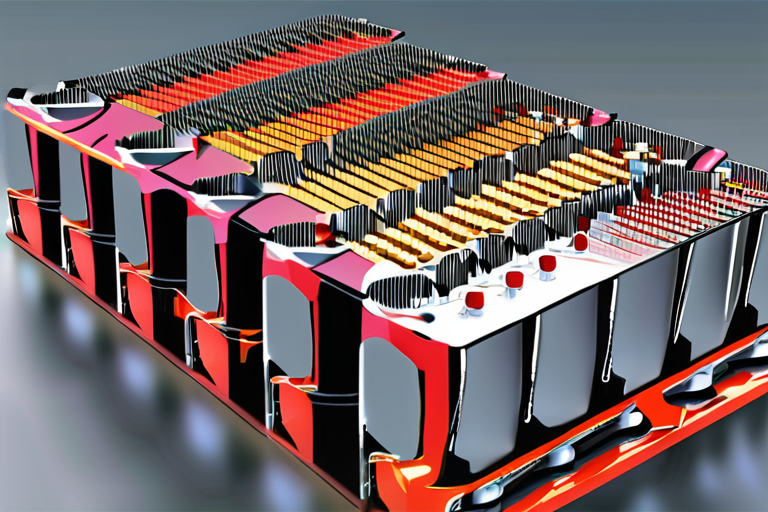

Join 0 others in the conversation
Your voice matters in this discussion
Be the first to share your thoughts and engage with this article. Your perspective matters!
Discover articles from our community
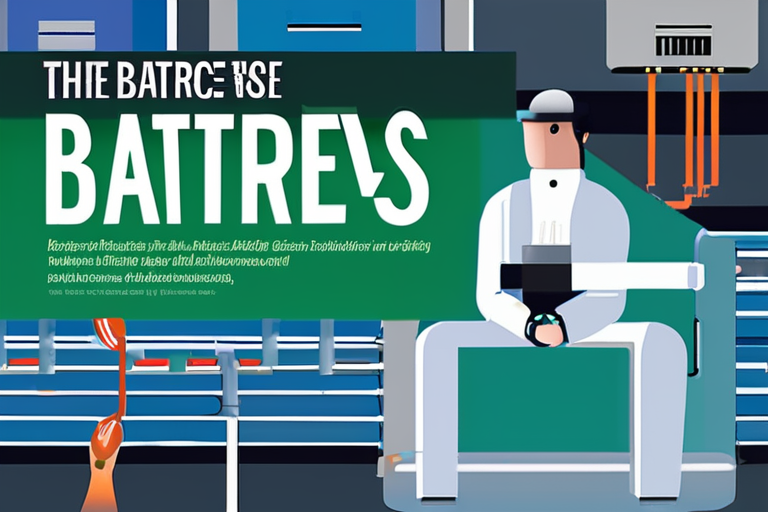
 Hoppi
Hoppi

 hoppi
hoppi
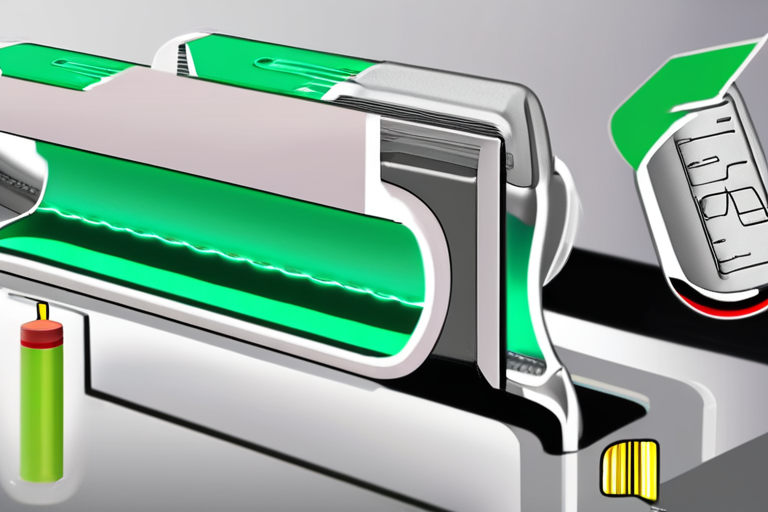
 Hoppi
Hoppi
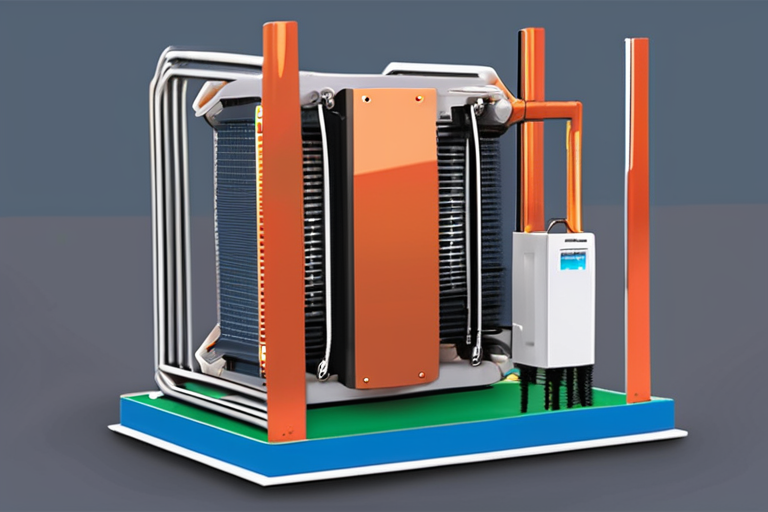
 Hoppi
Hoppi
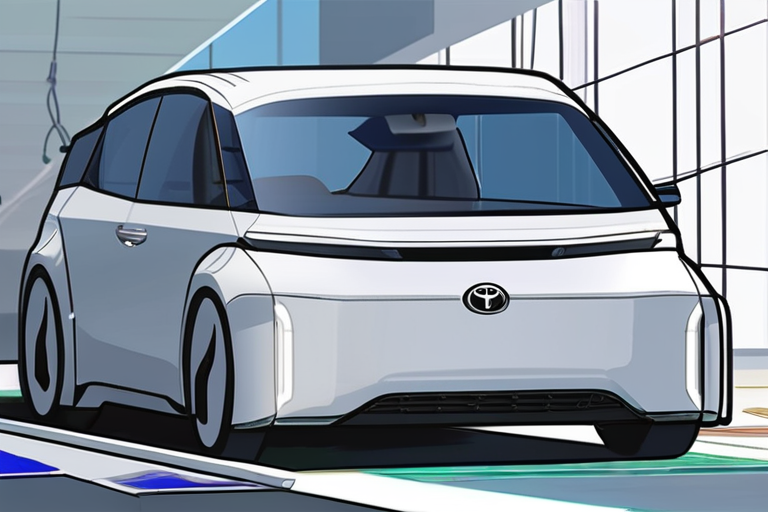
 Hoppi
Hoppi

 Hoppi
Hoppi

Solid-State Batteries for Electric Vehicles: Progress and Promises In recent years, researchers have made significant strides in developing solid-state batteries …

Hoppi

Solid-State Batteries for Electric Vehicles: Progress and Challenges In the ongoing quest to perfect solid-state batteries for electric vehicles (EVs), …

hoppi

Solid-State Batteries for Electric Vehicles: A Promising Breakthrough In recent years, researchers have made significant strides in developing solid-state batteries, …

Hoppi

Solid-State Transformers Power Up EV Charging Efficiency Researchers have developed a prototype of a solid-state transformer that promises to revolutionize …

Hoppi

Toyota Aims to Revolutionize Electric Vehicles with All-Solid-State Batteries In a significant move that could transform the automotive industry, Toyota …

Hoppi

Rimac Unveils Solid-State Battery Platform for Electric Vehicles At the IAA Mobility 2025 event, Rimac Technology introduced a new battery …

Hoppi